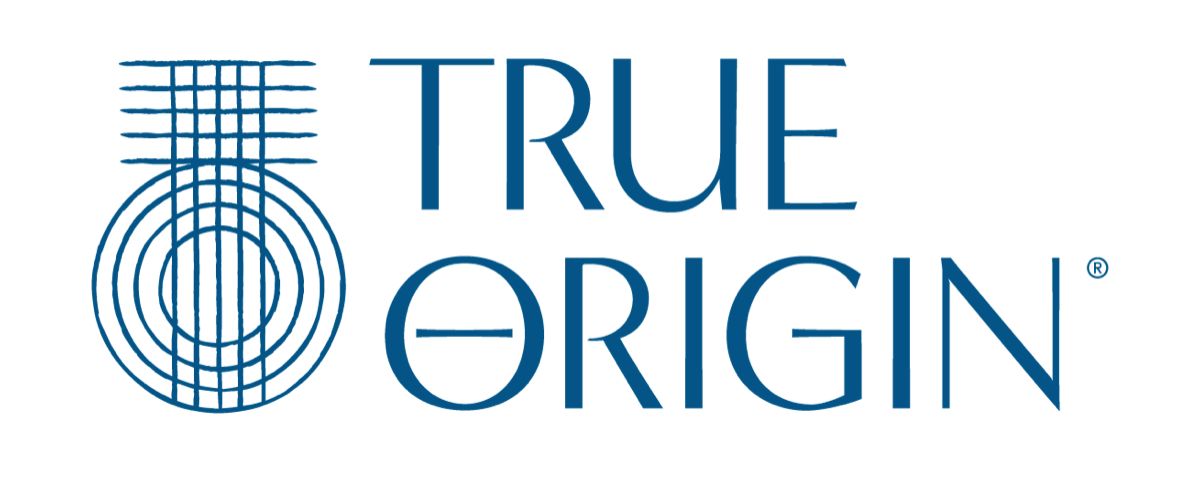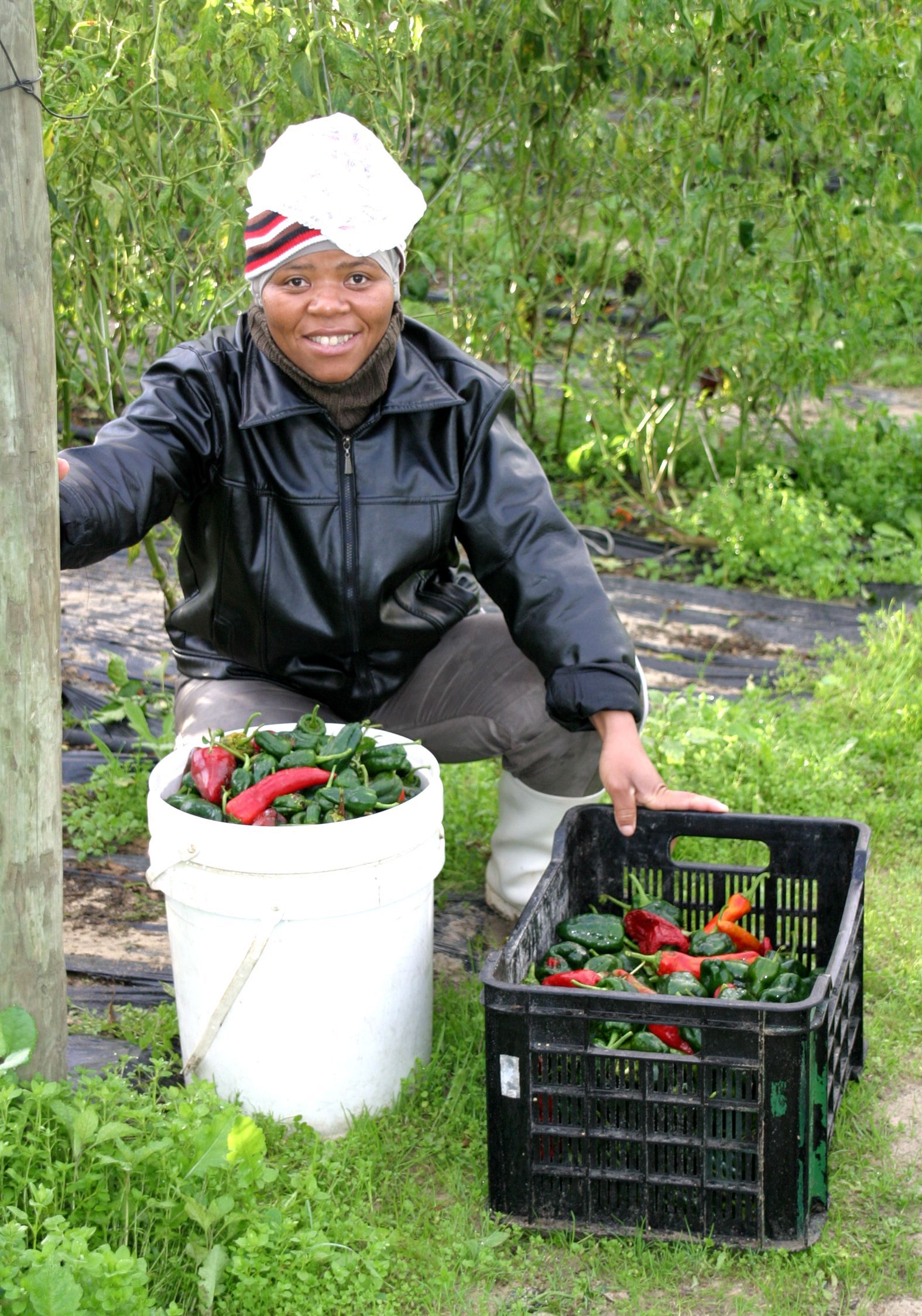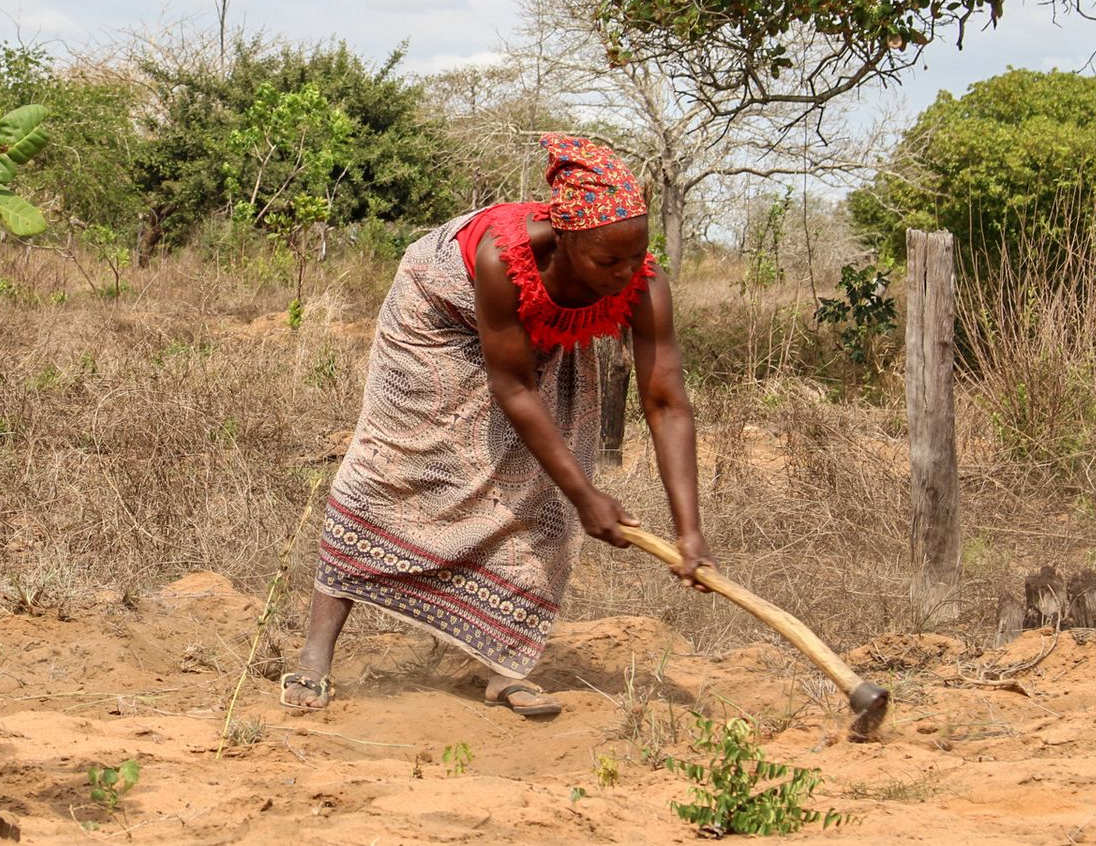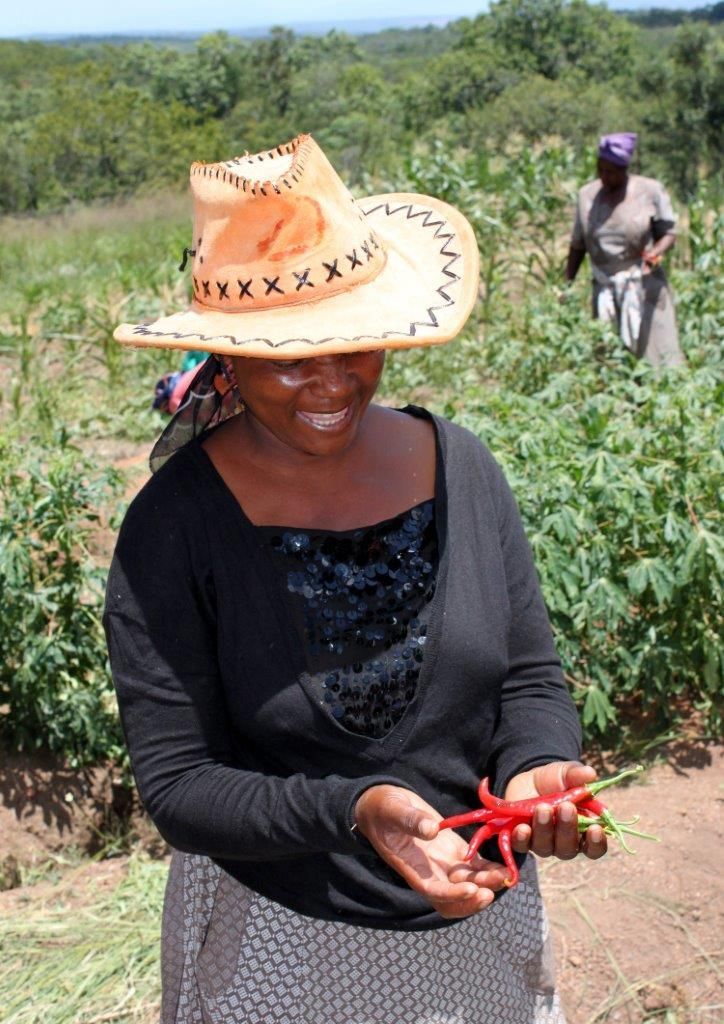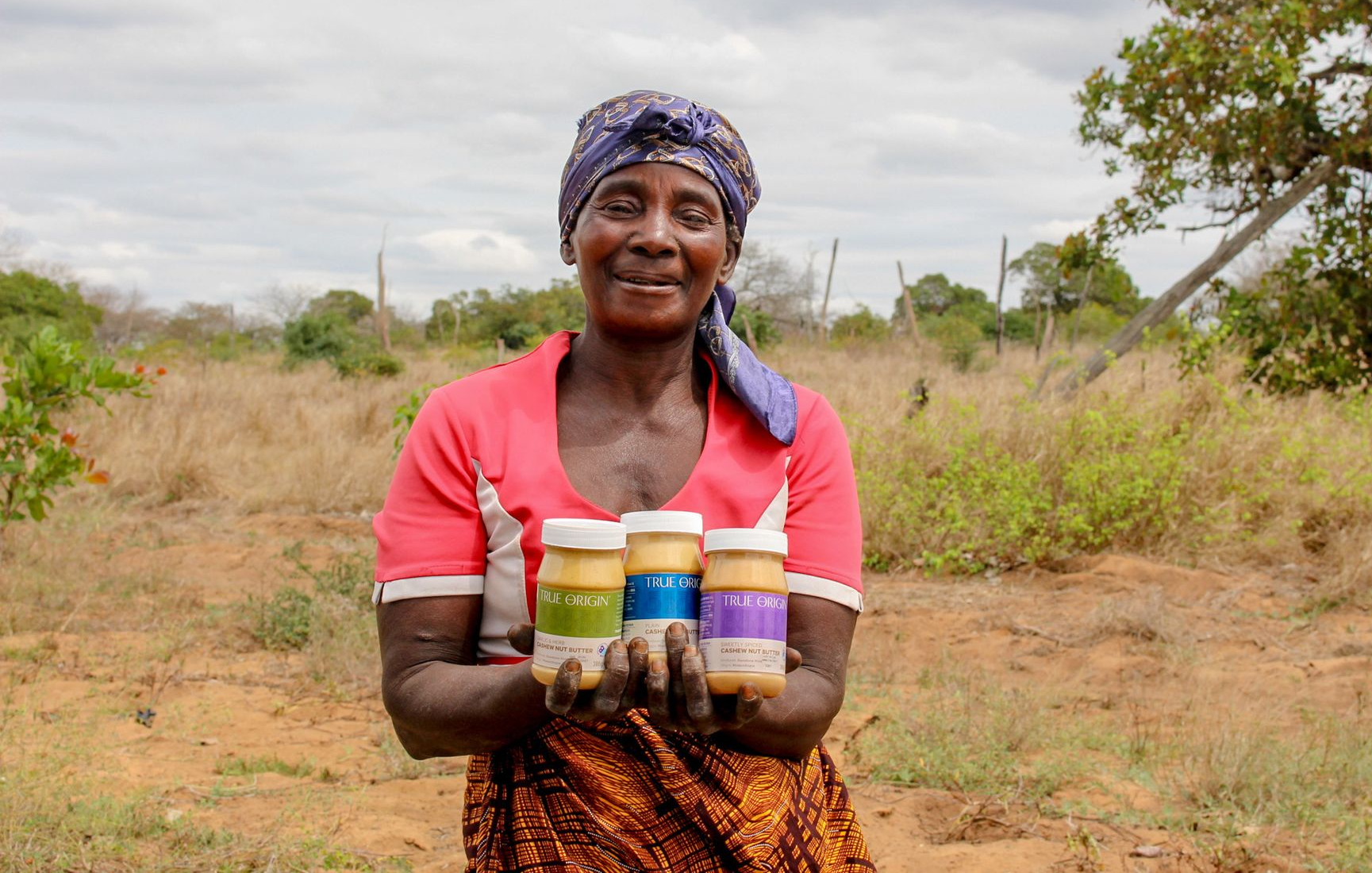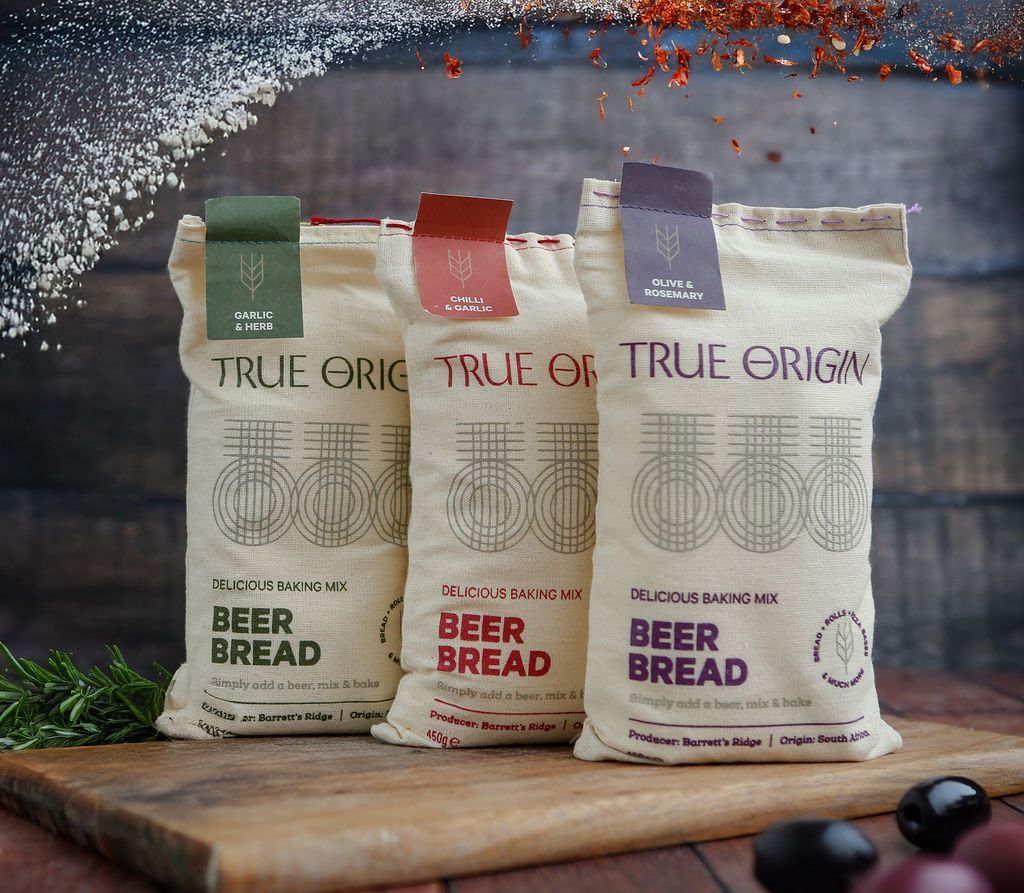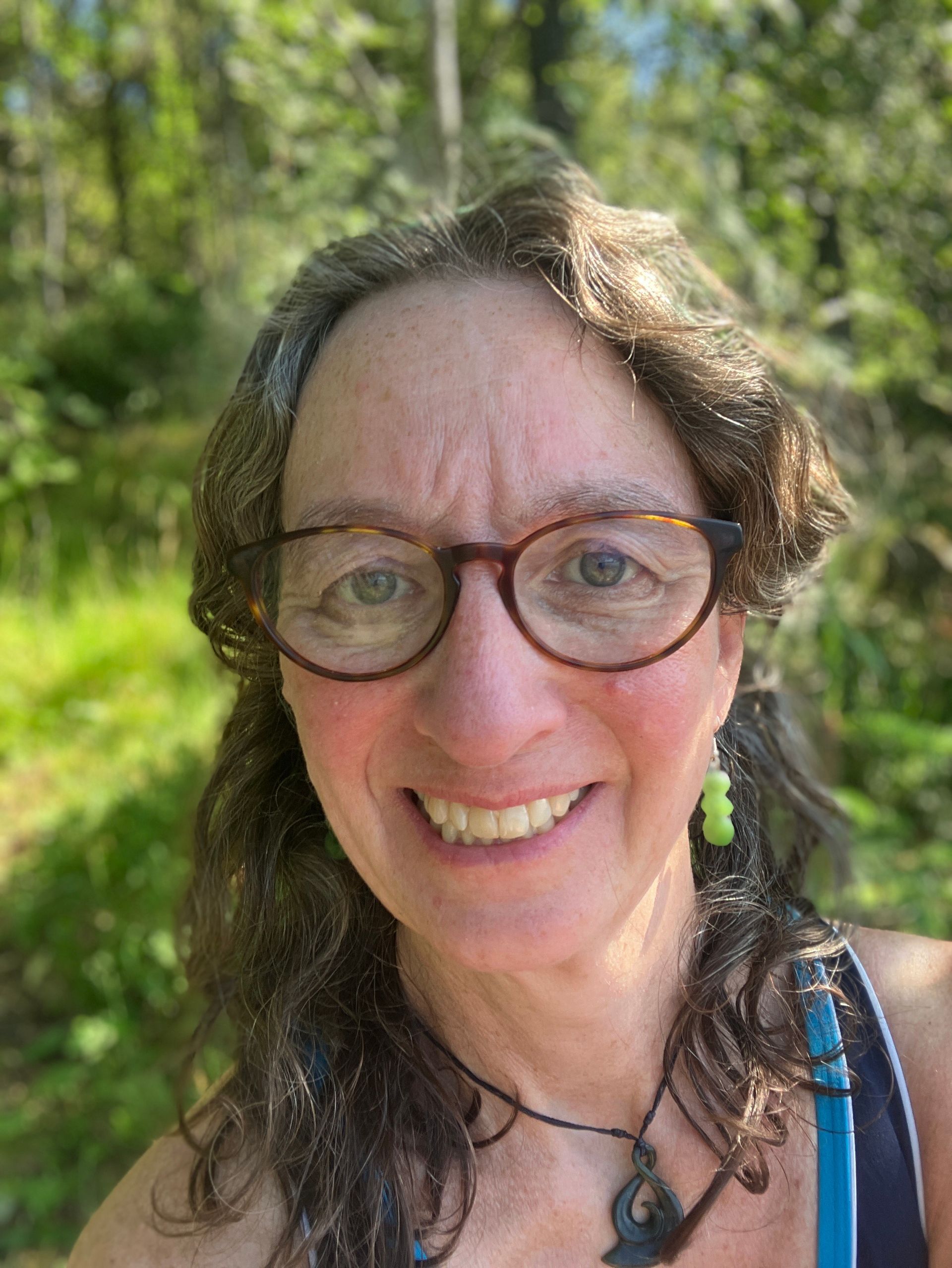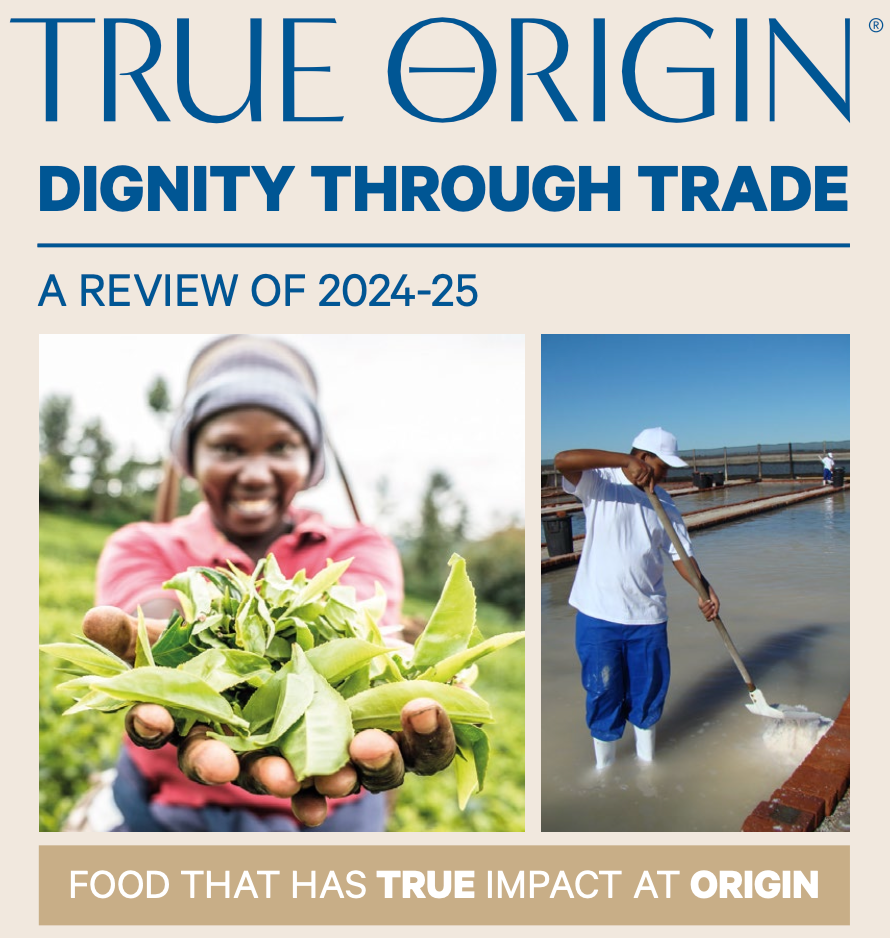Malawi/Swaziland Visit - Monday 19th March
It's official, I have a blog and I know how to use it.
Today’s the day for visiting the wells project that we have been running with KASFA since last March and for a final review of the threshing machine project which has been ongoing since 2015.
We set off in KASFA’s truck to see the first site where wells are being dug. The farmers cast concrete rings which they then lower into the hole they have dug, adding rings and digging out the hole as they go. What is impressive, is the size of the area which they intend to irrigate from the one well. It’s an open plain with rice fields stretching out to some bordering woods. Across the whole area farmers are busy, ploughing, planting out seedlings, hoeing. The well has gone down some depth but they are waiting for a pump to empty it out of the water that is already accumulating, so that they can go down deeper. A group of excited farmers soon gather. They are expecting 70 farms and their households to be fed from this well. Talking to them, it’s clear that this can’t come soon enough. One, Mackson Mwambungu, tells me he has been growing rice for 5 years but that he has been disappointed in the profit he has made. The poor rain has been the main problem but he could do better if he had a plough, not to mention an oxcart. Everywhere we go, we will hear that same message about ploughs. Mackson shows me the blisters he has got on his hands from working with the hoe and that will be repeated throughout the day. It’s hard to imagine the level of hard labour done by the rice farmers.
The second site is quite similar. Again, there are large numbers expecting to be serviced by the well: some 90 farmers in all. They will pump out of the well and distribute through 100m long pipes. Beyond the pipe they will dig channels to spread the water. Again, a crowd with a lot of women. I speak to one of the women who is very excited about the coming of the water. Cecelia Sikwesi is a widow with 5 children under 10, including two six-year old twins. She says she won’t be able to send them to secondary school. Presently she only grows one acre (though she has more land) but cannot afford the cost of ploughing more: she paid over £30 to someone to plough her field. Even if she could buy a plough - which she could for the cost of two ploughings of her field - she’d still need oxen. We talk about the possibility of sharing the cost with some of the other widows. The field office, Vero, who is with us says that there are some women’s self-help groups starting up.
The next visit takes us - in the midday sun to a well which has been finished and which is served by a diesel pump. This is small and portable and very powerful. 50 yards away there is a great gushing of water into the field where seedlings are being planted out from the nursery. Suddenly you can see how it is possible that these wells can feed 70+ small rice farms and why the farmers are getting so excited. I ask the farmer here how much he expects his crop to increase this year as a result of the irrigation and he says 80%. Even half of that would be a major step forward.
On the way back to the car we stop at Alinanuswe’s farm. This is beginning to look like a farm out of a picture book. They have livestock running round the farm yard, an ox cart and two oxen tethered nearby. He bought the cart from the association 4 years ago and it is serving him well for carrying crops and seedlings, feed for cattle, bricks and sand for building, taking sick people to hospital. He’s got plans for another pair of oxen, for getting some solar panels for electricity: he’s already done the wiring, plastering and flooring in his house. Things are moving for him.
The next visit is to a well which is being serviced by a solar pump. This is a beautifully made machine and puts out a steady stream of water, though nothing like the amount which the diesel pump did. It would be perfect for a vegetable garden or a rice field in the immediate vicinity but it’s pretty unlikely that it would be able to service multiple farms. Could it pump into a small reservoir which could feed the fields by gravity? Or would a larger version of the pump be the answer? Lots to think about.
But the direct effect of the sun is extraordinary. If someone stands between the sun and the solar panel the pump stops immediately. We’re also beginning to feel the direct effect of the sun on our heads, as neither Stephen or I have brought a hat! In the shade, for us, from now on.
Finally, we go to the threshing machine which Howard has been working on since it arrived at the end of last year. Roderick, his son, demonstrates how it can work with bicycle power and this is an option, though stabilising the bicycle and the thresher can be a problem on the fields. The power that the machine develops is very impressive. Howard has plans for connecting it up to an electric motor run from a battery charged by solar panels. Everyone seems very excited about this too. It could save a lot of heavy work beating the rice stalks against a log, a process that is also very wasteful. Perhaps the most impressive thing about this demonstration is how much in charge of the project Howard now is. He’s thinking about future developments, fitting a winnowing machine to it, widening the area where the stalks are fed in. He’s in touch with Paul Tofield for advice and materials and he’s becoming an inventive engineer. There’s no end to his abilities, it seems.


